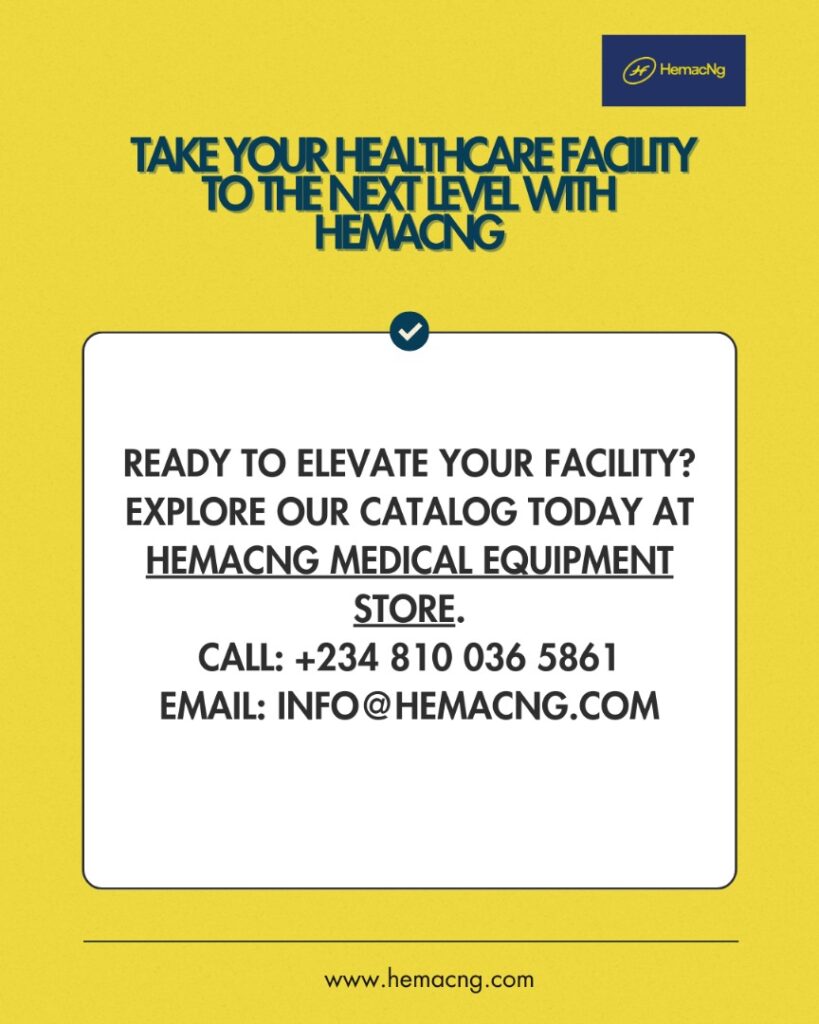Uncategorized
Top 10 Essential Medical Devices For Nigerian Clinic (2025 Guide)
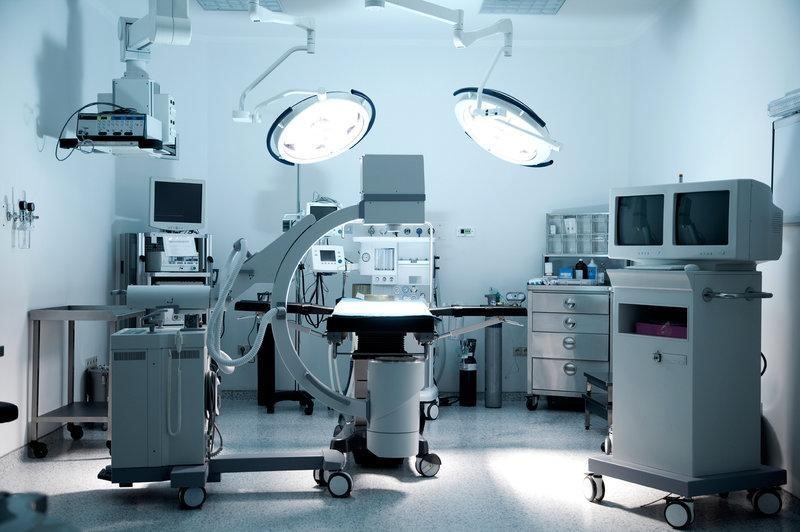
Introduction
Imagine a young doctor, Dr. Adebayo, having just established his first-ever clinic in Kachia, Kaduna. Keen to serve his people, he soon realized that without the proper and essential medical devices for Nigerian clinics, quality care was a job that was too big. From administering tests for common ailments to managing emergencies, decent equipment is not an amenity—it’s a requirement.
With Nigeria’s dynamic healthcare setting, having the required essential medical devices for Nigerian clinics ensures practitioners are able to deliver accurate diagnoses, effective treatments, and improved patient outcomes. This handbook investigates the top 10 devices you must have in every clinic, offering information to help you make informed decisions for your clinic.
Why Medical Devices Matter in Nigerian Clinics
Nigerian healthcare delivery is faced with numerous challenges, from infrastructural deficiencies to access limitations. Providing Nigerian clinics with the required medical equipment for Nigerian clinics bridges these gaps, improving diagnosis and treatment. Furthermore, well-equipped clinics instill confidence in patients, which makes them trust and visit regular health checkups. hemacNG
Top 10 Essential Medical Devices for Nigerian Clinics
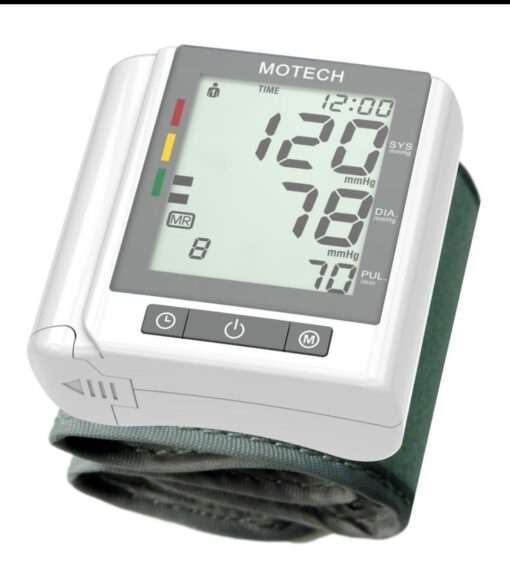
1. Digital Blood Pressure Monitor
Hypertension is a silent killer prevalent in Nigeria. A reliable digital blood pressure monitor is indispensable for early detection and management.
Why it’s essential: Facilitates regular monitoring, aiding in the prevention of cardiovascular complications.

2. Stethoscope
The stethoscope remains a fundamental tool for any medical practitioner. It’s vital for auscultating heart, lung, and bowel sounds.
Why it’s essential: Enables quick assessment of vital organs, assisting in prompt diagnosis.
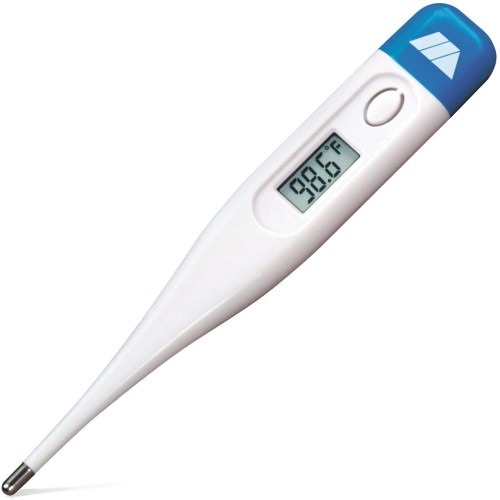
3. Clinical Thermometer (Digital/Infrared)
Fever is a common symptom of various infections. Accurate temperature measurement is crucial for diagnosis.
Why it’s essential: Ensures timely detection of febrile conditions, guiding appropriate interventions.
4. Glucometer
With the rising incidence of diabetes, monitoring blood glucose levels is paramount.
Why it’s essential: Allows for immediate blood sugar assessments, crucial for diabetic patient management.
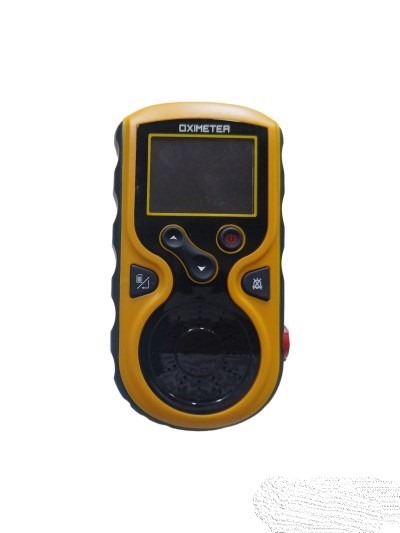
5. Pulse Oximeter
A pulse oximeter measures oxygen saturation levels, especially relevant in the wake of respiratory illnesses.
Why it’s essential: Detects hypoxemia early, facilitating prompt oxygen therapy. greensafetyltdservices.com.ng
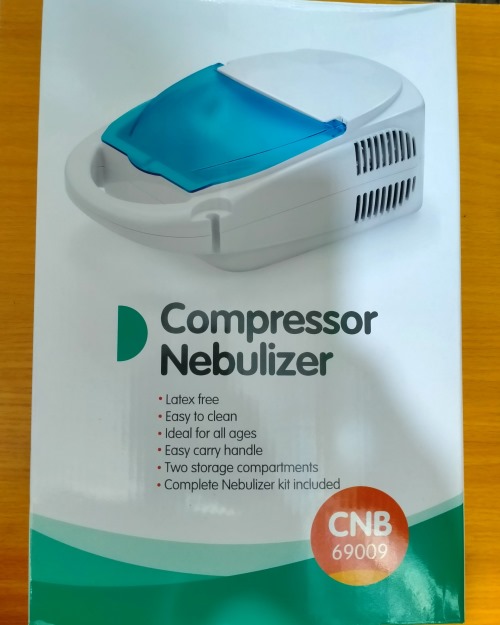
6. Nebulizer
Respiratory conditions like asthma require effective medication delivery systems.
Why it’s essential: Converts liquid medication into mist, ensuring efficient drug delivery to the lungs.
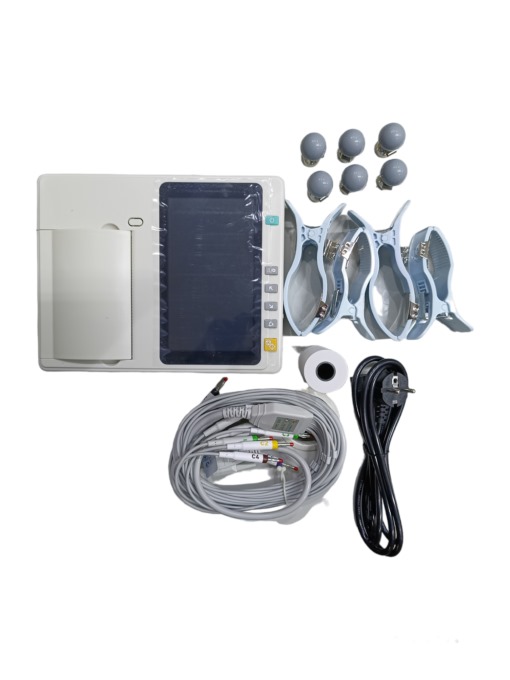
7. ECG Machine
Cardiovascular diseases are on the rise. An ECG machine is vital for monitoring heart activity.
Why it’s essential: Detects arrhythmias and other cardiac anomalies, guiding treatment decisions. Clinicaid.com.ng
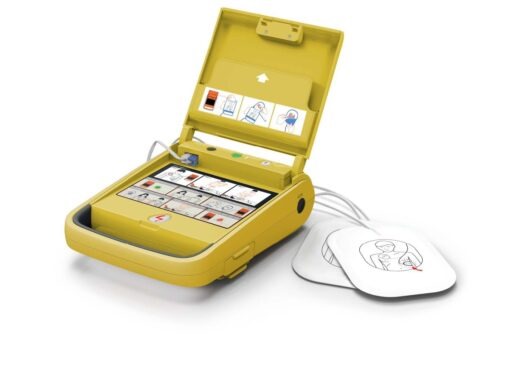
8. Defibrillator (AED)
In emergencies like cardiac arrest, a defibrillator can be life-saving.
Why it’s essential: Restores normal heart rhythm during life-threatening arrhythmias.
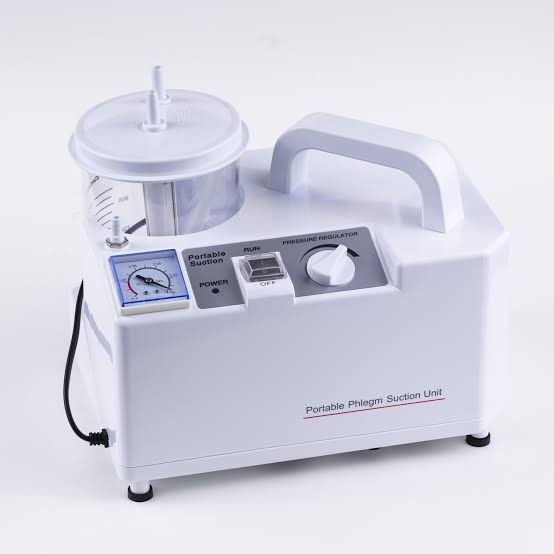
9. Suction Machine
Clearing airways in patients with respiratory distress is critical.
Why it’s essential: Removes obstructions, ensuring airway patency during emergencies.
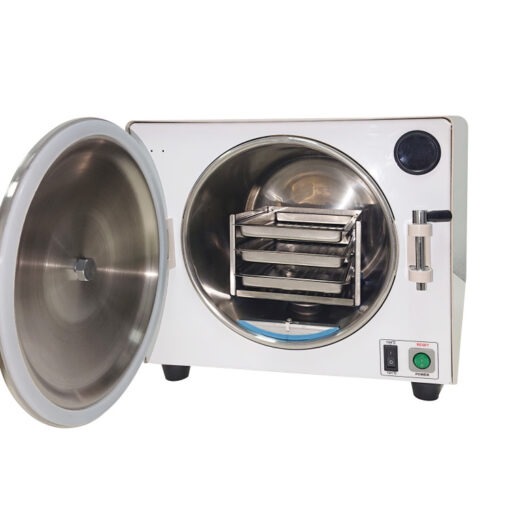
10. Autoclave/Sterilizer
Preventing infections starts with sterilized equipment.
Why it’s essential: Ensures all medical instruments are free from pathogens, maintaining a sterile environment.
Sourcing Quality Medical Devices in Nigeria
When procuring the essential medical devices for Nigerian clinics, it’s crucial to consider:
- Certification: Ensure devices meet national and international standards.
- After-sales support: Opt for suppliers offering maintenance and training services.
- Reputation: Choose established suppliers known for quality products. en.wikipedia.org
As a trusted supplier, HEMACNG offers a wide range of certified medical equipment tailored for Nigerian clinics.
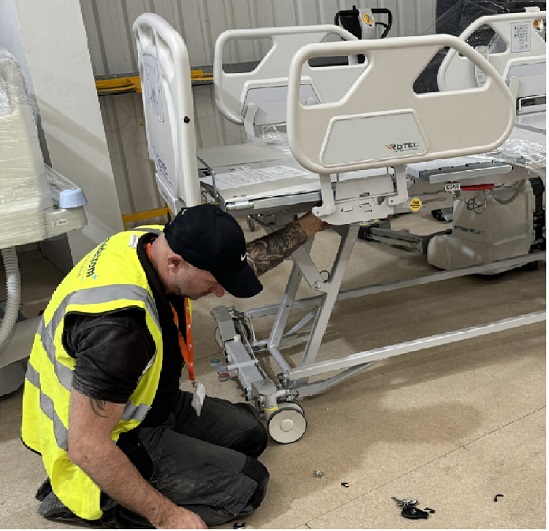
Maintenance and Staff Training
Acquiring equipment is just the beginning. Regular maintenance ensures longevity, while staff training guarantees optimal usage.
- Routine checks: Schedule periodic inspections to detect wear and tear.
- Calibration: Ensure devices provide accurate readings.
- Training sessions: Organize workshops to keep staff updated on equipment usage.
Conclusion
Equipping your facility with proper medical equipment for Nigerian clinics is a move towards providing better healthcare. Not only does such equipment enhance diagnostic and treatment capabilities, but it also gains patient confidence. As Dr. Adebayo discovered, proper equipment turns issues into opportunities for better patient care.
Ready to elevate your clinic to excellence? Browse HEMACNG’s extensive range of medical equipment and embark on the journey to superior healthcare provision.
